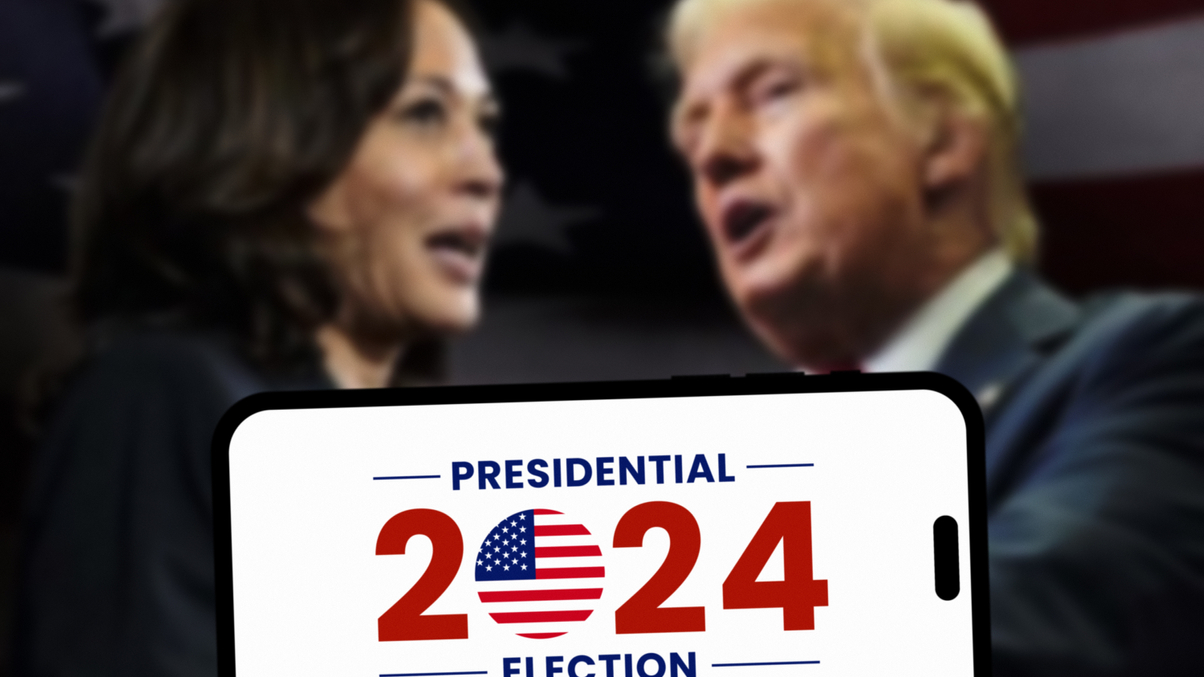APAC institutions back equities, private markets ahead of US elections
Institutional investors plan to raise their allocations to equities and private markets to capture opportunities even as they anticipate short-term noise around the US elections, a recent survey noted.

Institutional investors in Asia Pacific plan to increase exposure to growth assets and private markets even as they gear up for short-term noise from the US elections that might create uncertainties around globalisation and decarbonisation, according to a recent survey by Schroders.
Sign in to read on!
Registered users get 2 free articles in 30 days.
Subscribers have full unlimited access to AsianInvestor
Not signed up? New users get 2 free articles per month, plus a 7-day unlimited free trial.
¬ Haymarket Media Limited. All rights reserved.


